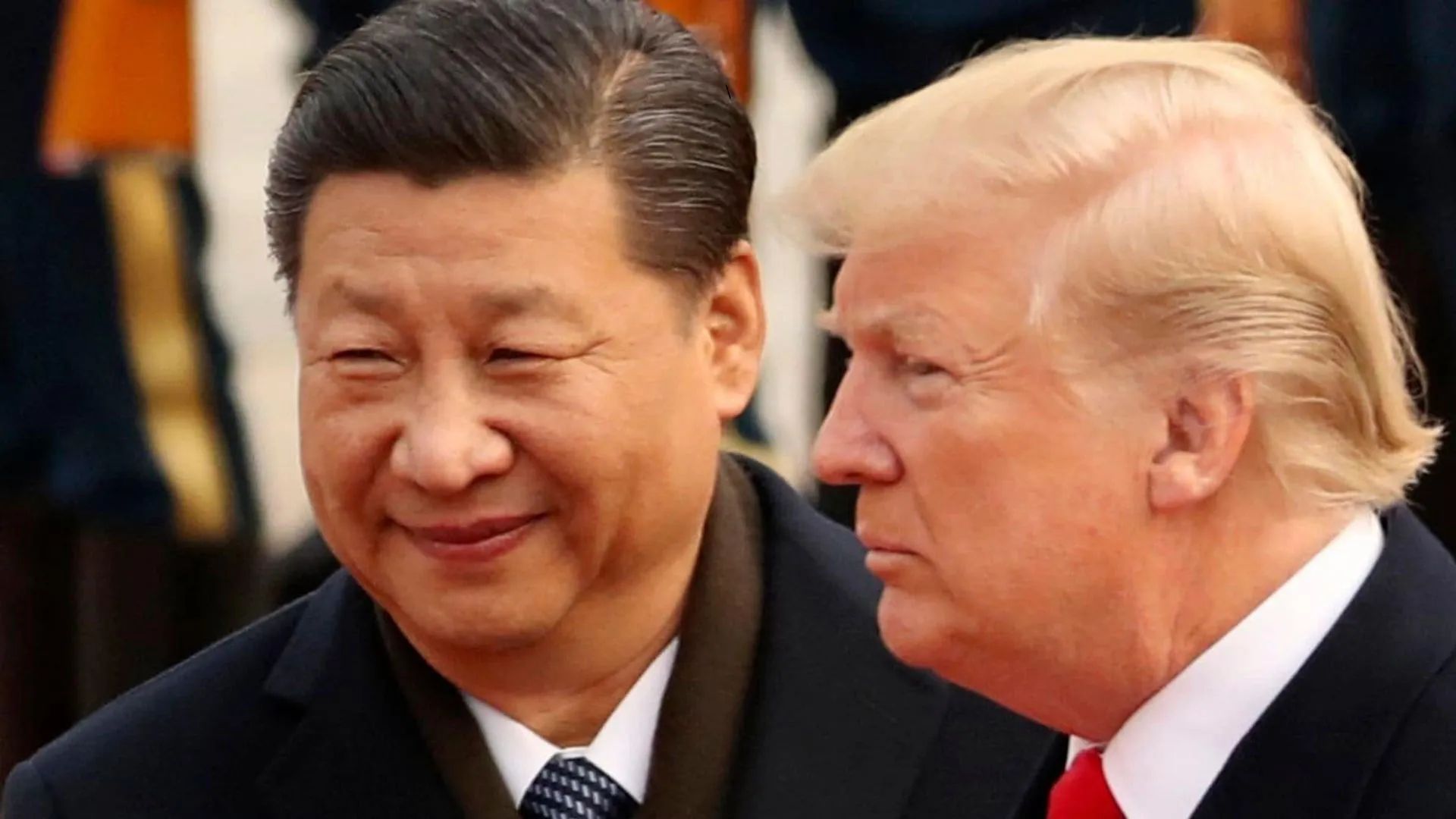One of the most valuable investments you can make is ensuring the well-being of yourself and your loved ones. To secure your finances against any health emergencies or issues, it is advisable to consider a health insurance policy. Health insurance provides financial assistance for quality treatment, making it an essential asset.
Moreover, obtaining such insurance can also help you save on taxes. The Income Tax Act of India 1961 offers tax benefits under Section 80D for health insurance premiums.
What is Section 80D of the Income Tax Act?
Section 80D of the Income Tax Act allows individuals or Hindu Undivided Families (HUFs) who have opted for a medical insurance policy to claim a deduction from the monthly premiums they pay. The Government of India provides tax deductions on medical insurance of up to Rs. 25,000 in a financial year.
This deduction limit can increase to Rs. 50,000 in a financial year for insured members who are above 60 years of age. Policyholders can claim this deduction for themselves, dependent children, dependent parents, and spouse.
NRIs (Non-Resident Indians) who pay tax in India can also claim this deduction under Section 80D. However, it does not apply to other entities such as firms or organizations.
Benefits of Section 80D in Medical Insurance
- Tax Deductions: Section 80D of the Income Tax Act allows individuals to claim deductions on the monthly premium amounts paid for a health insurance policy covering dependent family members. The maximum deduction is Rs. 25,000 for beneficiaries below 60 years of age and Rs. 50,000 for those above 60 years.
- Coverage for Preventive Health Checkups: The deduction under Section 80D also applies to expenses for preventive health checkups. These checkups are crucial for maintaining your family’s health and detecting any health issues early for timely treatment, helping to prevent potential issues.
- Additional Deductions: As parents age, they become more susceptible to diseases and injuries. Including them in your health insurance policy ensures they receive prompt medical attention. Section 80D allows deductions on insurance premiums paid for parents.
Exclusions that Come Under Section 80D
- Premiums Paid in Cash: Section 80D does not cover premiums paid in cash.
- Payments for Relatives: Payments made on behalf of relatives such as grandparents, siblings, or working children are not covered.
- Employer Payments: Payments made by the policyholder’s employer for the health insurance plan are also excluded from Section 80D benefits.
Conclusion
The inclusion of Section 80D of the Income Tax Act has made it more convenient for policyholders, especially taxpayers, to access quality medical treatment. Understanding the benefits of this section can help maximize your total tax savings while ensuring optimal healthcare facilities. It is recommended to thoroughly research before selecting a health insurance plan.
To maximize the benefits of your health insurance plan, consider choosing one from ACKO, which offers attractive premiums and benefits.
It is important to note that the points mentioned above are general and may vary based on the specific rules set by the Indian Government. Therefore, it is advisable to carefully review the terms and conditions of the health insurance policy you are considering.
ADVERTORIAL DISCLAIMER: The above press release has been provided by ATK. The Daily Guardian will not be responsible in any way for the content of the same.










